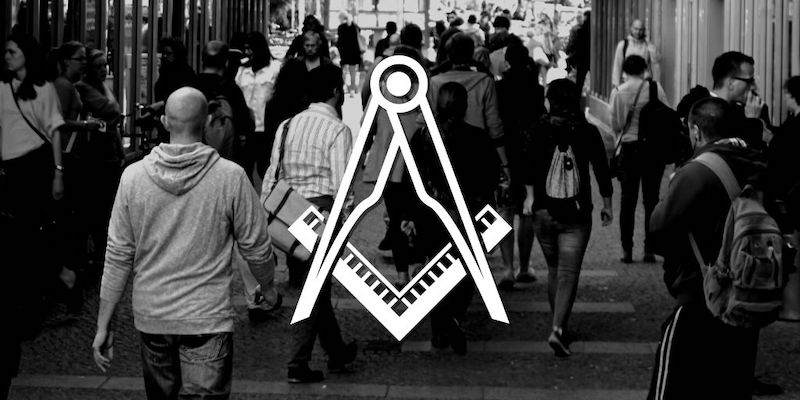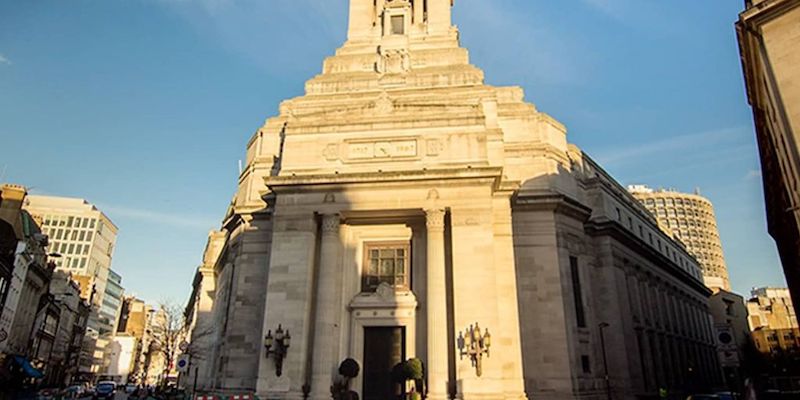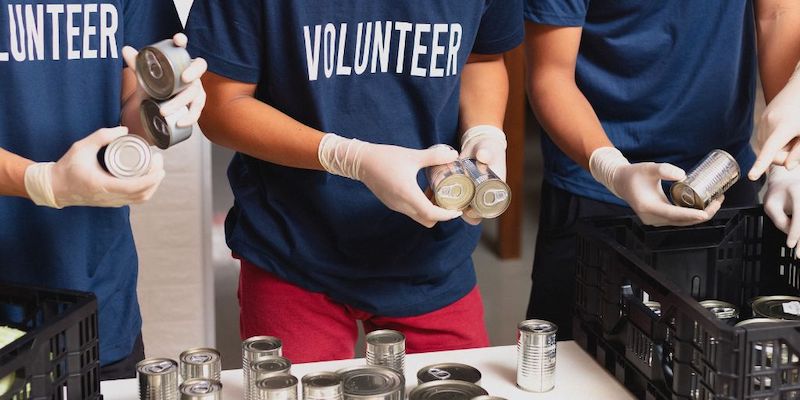Freemasonry is shrouded in mystery and secrecy, which has led to many misconceptions about what Freemasons do and their role in society.
However, one thing is clear: Freemasons are dedicated to making a positive impact on their communities through charitable work and community service.
Freemasons believe in the importance of helping others and making the world a better place, and they do this by supporting a wide range of charitable causes, including medical research, disaster relief, and education.
In fact, the Freemasons are among the largest charitable donors in the world, having donated millions of dollars to various causes over the years.
But charity is not the only way in which Freemasons contribute to society.
They also place a strong emphasis on personal development and self-improvement, believing that by improving themselves, they can, in turn, make a positive impact on those around them.
This philosophy has led many Freemasons to become leaders in their communities and leaders of countries, using their skills and knowledge to make a difference in the world.

The History of Freemasonry
Freemasonry traces its origins to ancient guilds of stonemasons, which from the end of the fourteenth century, regulated the qualifications of masons and their interactions with authorities and clients.
The fraternity became more organized in the seventeenth century, with the formation of the first Grand Lodge in London in 1717.
From the eighteenth century, Freemasonry spread rapidly throughout the world, and by the early nineteenth century, lodges existed in most countries.
Freemasonry was particularly popular in the United States (and it still is, with the US having the highest numbers of Freemasons), where it played a significant role in the country’s early history.
Many of the founding fathers, including George Washington and Benjamin Franklin, were proud Freemasons.
Freemasonry has a complex history, and it has been associated with many significant historical events, including the French Revolution, the American Civil War, and even, some say, the Russian Revolution.
Freemasonry also contributed significantly to the Enlightenment during the late 1700s by promoting progressive ideas and helping to reform society.
They encouraged intellectual discussions, valued reason and science, and supported democratic principles, which facilitated the spread of Enlightenment ideals and societal transformation.

Philanthropic Activities
Charitable Giving
Philanthropy is one of the core principles of Freemasonry, and it is reflected in the charitable giving of its members.
The Freemasons donate funds directly from its members without any outside pressure or influence. In fact, they are among the biggest charitable donors in the UK, with £51m raised in 2020 alone by more than 180 masonic groups.
The funds raised by the Freemasons are used to support various causes, including medical research, disaster relief, education, and community development.
The Freemasons also have a tradition of supporting local charities and community organizations.
They provide financial support to local hospitals, schools, and other non-profit organizations and also organize fundraising events and charity drives to support these organizations.
The Freemasons believe that by supporting local charities, they can make a positive impact on the lives of people in their communities.
Volunteerism
Freemasons are also known for their volunteer work in the community.
They engage the community in many different ways, from food drives to charity fundraising. We believe that volunteering is a way to give back to the community and make a positive impact on society.
The Freemasons also have a long history of supporting disaster relief efforts. They have provided aid to communities affected by natural disasters such as hurricanes, earthquakes, and floods.
They work closely with other organizations to ensure that aid is delivered quickly and efficiently to those in need.
Overall, the philanthropic activities of the Freemasons have made a significant contribution to society. Through their charitable giving and volunteer work, they have helped to improve the lives of people in their communities and beyond.

Community Building
Freemasons are known for their contributions to community building. They are involved in a variety of social events, fraternities, and educational programs that are aimed at strengthening the community.
Social Events
Freemasons organize social events that bring people together. These events include charity fundraisers, community festivals, and other events that are open to the public.
The funds raised from these events are donated to various charitable organizations that help those in need.
Fraternity
Freemasonry is a fraternity that is based on brotherhood, mutual support, and respect. Members of the fraternity are encouraged to help one another and to contribute to the betterment of society.
The fraternity provides a sense of belonging and support to its members, which helps to build strong communities.
Education and Learning
Freemasons are committed to education and learning. They offer a variety of educational programs that are aimed at improving the lives of individuals and communities.
These programs include scholarships, mentorship programs, and other educational opportunities that help people to achieve their full potential.
Overall, Freemasons contribute to society by building strong communities through social events, fraternity, and education. They are committed to improving the lives of individuals and making a positive impact on society.
Membership and Recruitment

Membership Requirements
Freemasonry is open to men who are at least 18 years old and of good character.
The organization values diversity and welcomes men from all backgrounds and walks of life, regardless of race, religion, or social status.
However, all candidates must believe in a Supreme Being and the immortality of the soul.
Additionally, candidates must be sponsored by a current member and undergo what is called a “Masonic investigation” of their background and character before being accepted.
Membership Benefits
Becoming a Freemason offers many personal and social benefits.
Members have the opportunity to develop their moral character and leadership skills, as well as build lasting friendships with like-minded individuals.
The organization also provides opportunities for community service and charitable giving, with many lodges supporting local and national causes.
Additionally, Freemasonry offers a sense of belonging and camaraderie that can be difficult to find in today’s fast-paced world.
Recruitment Strategies
Freemasonry does not actively recruit members, but rather relies on word-of-mouth and personal recommendations.
Members are encouraged to share their positive experiences with friends and family and to invite them to attend lodge events and meetings.
Additionally, some lodges host open houses or public events to introduce the organization to the community. Freemasonry also has a strong online presence, with many lodges maintaining websites and social media accounts to connect with potential members.
When recruiting, it is important to emphasize the values and benefits of Freemasonry, such as its commitment to charity, community service, and personal development.
It is also important to dispel any misconceptions or myths about the organization, such as the idea that it is a secret society or that it has political or religious affiliations.